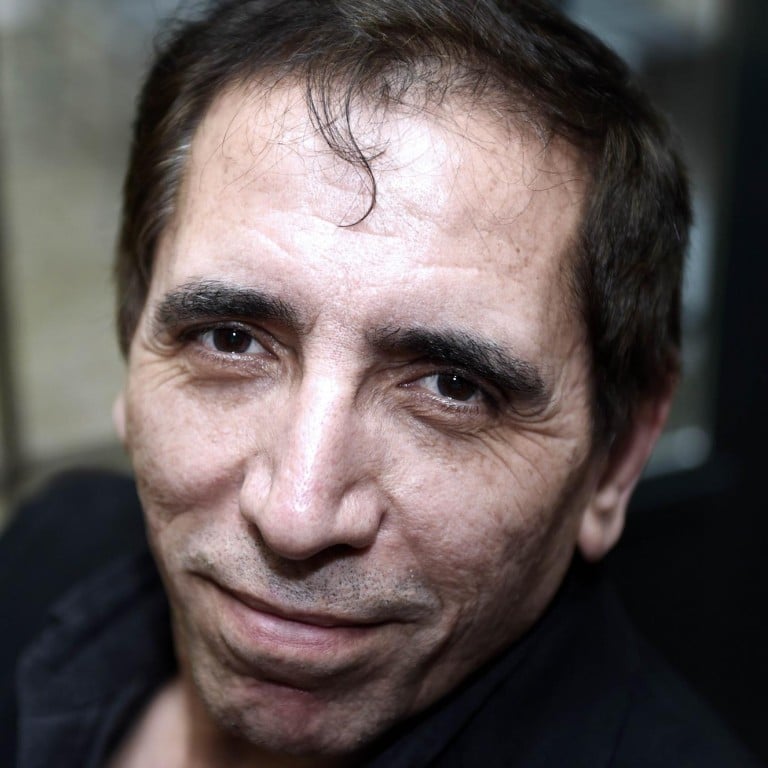
Why I tried to kill the Shah of Iran - filmmaker Mohsen Makhmalbaf interviewed
The film director, who was sentenced to death aged 17, talks about surviving multiple assassination attempts and sharing a prison cell in Iran with the now-Supreme Leader's brother.
WHEN I WAS 17 (in 1974), I was sentenced to death. I had tried to kill the king of Iran (Mohammad Reza Pahlavi), to get rid of the dictatorship. I attacked a policeman to get his gun, to shoot the king, but I was arrested.
THE POLICE SHOT ME. The bullet came through my back and out of my stomach. I went to political prison, where the shah's secret police - Savak - tortured me so badly the shin of my left leg was destroyed. Because I was under 18, it was (later) decided I was too young to die.
The bullet came through my back and out of my stomach
THE BROTHER OF THE Supreme Leader (Ayatollah Ali Khamenei) was my cellmate. I liked him then. In those years, those (sort of) people were intellectual and searching for democracy. Now they are against everything they dreamed of before.
overthrew the Pahlavi dynasty and I was freed. In prison I had read 2,000 books, and realised that Iran had a culture of dictatorship, not just a dictator. To change our government, we had to change our culture. I started making films.
WITHOUT ANY KNOWLEDGE of cinema. I thought to myself, "If the Lumiere [brothers, Auguste and Louis] can make films without going to university, why not me?"
BEFORE THE REVOLUTION, fundamentalists had burned Cinema Rex in the city of Abadan, killing 470 people. After the revolution, cinema became popular for three reasons: foreign films were forbidden, people had nothing else to do for fun and TV was full of lying, but cinema was full of truth.
After September 11 terrorist attacks the world asked: where and what is Afghanistan? My film had the answers
(2001) one of the 100 greatest films of all time. Afghanistan is a neighbour of Iran. In 2000, I secretly went to Afghanistan - secretly because the Taliban was there - and I was shocked. I didn't know people were dying in the street from hunger. So I made Then the September 11 terrorist attacks happened and the world wanted to know: where and what is Afghanistan? My film had the answers and it became very famous.
My grandmother was married when she was 9, my mother when she was 12 and my eldest sister at the same age. How could they be equals?
came to power in 2005, I left Iran because censorship had become too great. Iran sent terrorists to plant a bomb on my film set (in Afghanistan). One person died.
I MOVED TO PARIS, but, in 2009, Iran had another revolution, and all the artists were involved. I became a big name to supporters, so the Supreme Leader again sent terrorists to me. Four times they tried to kill me in Paris. The French police provided bodyguards, but I don't like that kind of game. Now I live in London.
I have two daughters and one son. They were always interested in cinema. I told them to finish school but they said: "You didn't." So I started a cinema school at home, teaching both theory and practical skills.
IN IRAN WHEN A WOMEN GETS MARRIED, her husband decides if she gets a passport. My grandmother was married when she was nine years old, my mother when she was 12 and my eldest sister at the same age. How could they be equals?
MY FILMS TRY TO SHOW the condition of women's rights, not just in Iran but in Afghanistan, where it's much worse. Through films I want to educate people. I don't make films to become famous, I make films to change the world.
The President .
